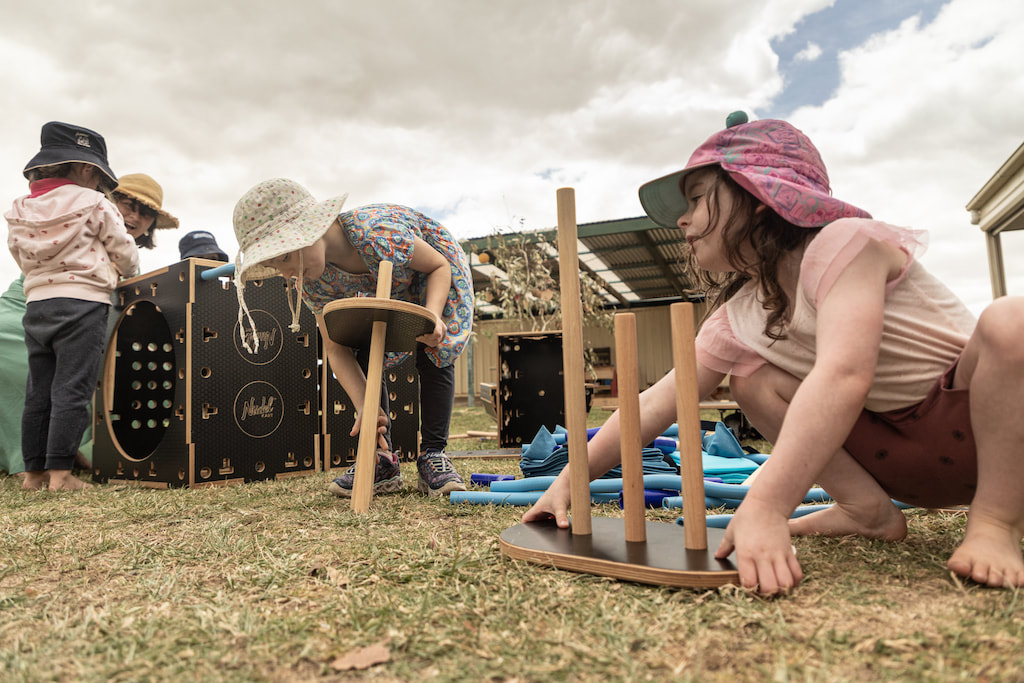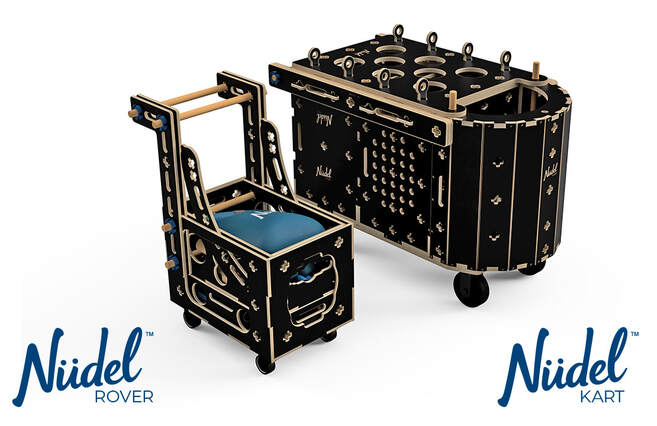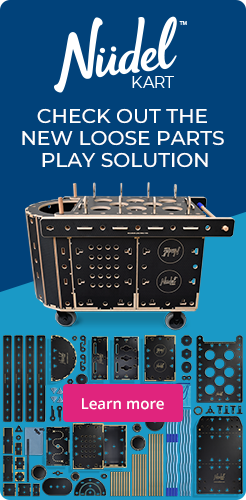|
Ever experienced that feeling of zen when working side by side with a colleague? Perhaps you’re working on the same project (maybe not), but there’s a definite sense of “achieving” and working together to reach similar results. We could think about this as “parallel working” - working side by side, with limited interaction on possibly different levels, but still learning, achieving and mindful of each other. When it comes to play and education, “parallel play” is considered a very normal and first step in a child’s development and fundamental when learning to play and interact with other children. There’s a little bit of magic when it comes to playing side by side (with little interaction). Parallel play (in the early years) and parallel learning (for older children) plays an important role in developing social skills, learning boundaries and mindfulness. As young children play alongside each other (not playing together), they are observing and listening to others - picking up on new words and language, their first social interactions, expressing themselves and learning to share (still hard for some adults!). As children grow, this parallel play moves onto the next step and forms a basis when they start interacting with their peers - possibly working together, problem solving and co-operation. As educator and influencer Gavin McCormack describes, Parallel learning is simply when two or more students are working side by side on different projects. Every so often they will chat, laugh or giggle. Each is busy on their own items of achievement, stopping once in a while to compliment each other. “I like your picture.” Or to discuss something random. These children are at different levels, on different topics but love each other’s company. The beauty of this kind of learning is each student not only teaches and inspires the other but they learn so much more than any teacher or test could ever deliver. Parallel learning can be an effective way of reaching many students at once - allowing richer and more immersive learning experiences, maximising participation and self-guided learning and fostering independence. With its foundation in loose-parts play and STEM, Nüdel Kart products offer children the opportunity to play in parallel. The Rover (with 140 play pieces) and the original Nüdel Kart (with 340 play pieces) allows endless creative possibilities. Nüdel resources can be arranged for students to work independently yet side by side, enjoying the companionship and support of their peers. The versatility of Nüdel Kart means that the pieces can be arranged in endless ways - unlocking creative play potential. A classroom is always rich in different personalities, skills and interests. The Kart can be set up to enhance individual or parallel learning, where students can still inspire each other, but also develop independent thinking. Bringing the group back together again to build on this is easy too - the dynamic nature of Nüdel Kart allows the environment to be set up to promote more group interaction. To find out more about Nüdel Kart and the power of loose parts play, visit https://www.nudelkart.com/. Sources:
McCormack, G. (2018) Parallel Learning in the Classroom https://gavinmccormack.com.au/parallel-learning-in-the-classroomin-the-average/ Ranae, Stage 4 - Parallel Play https://www.seriouslykids.com.au/about-parallel-play/ 5 ways toddlers benefit from Parallel Play, https://www.healthline.com/health/parenting/parallel-play
0 Comments
|
AuthorSOUR TEAM AT PLAYGROUNDIDEAS.ORG, A leading NGO on Play.... Categories
All
|
©2021 Nüdel Kart™ by Playground Ideas - An International NGO in AU. Reg. Des. 201911229 & 202112822



 RSS Feed
RSS Feed

